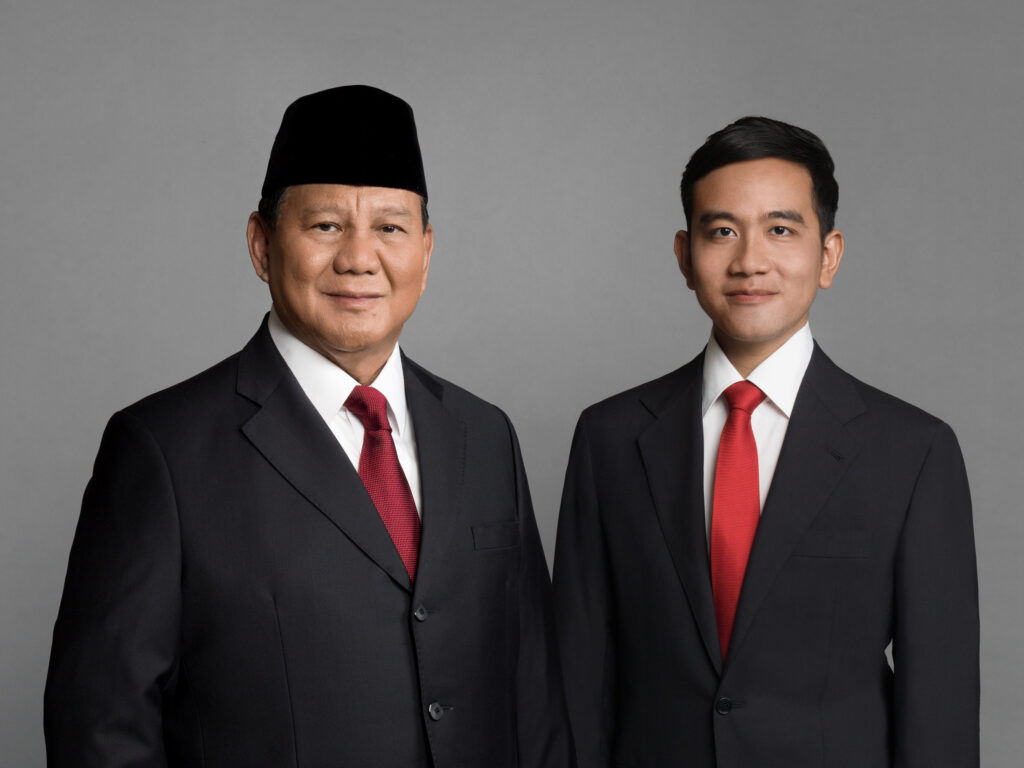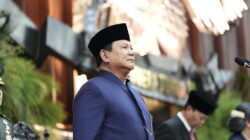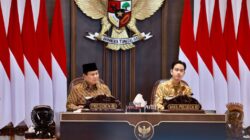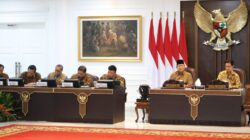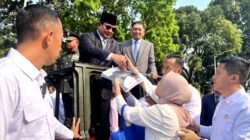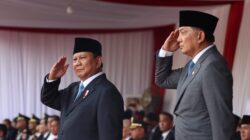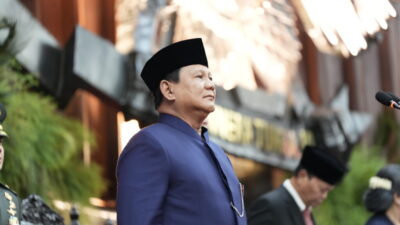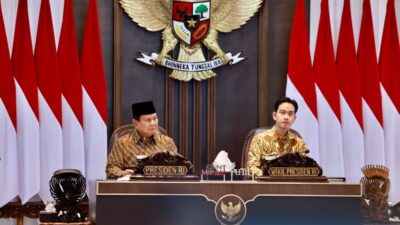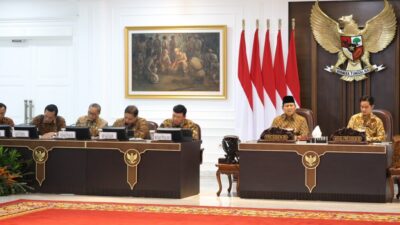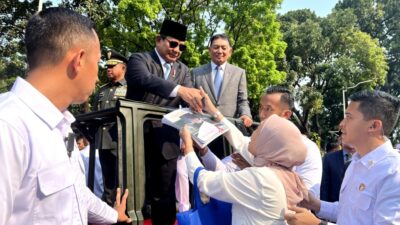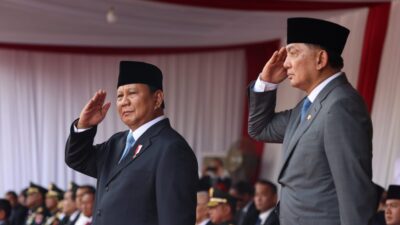Prabowo Subianto and Gibran Rakabuming Raka have been officially declared as the President and Vice President-elect following the 2024 Presidential Election by the General Election Commission (KPU). This decision was made after the Constitutional Court rejected the disputes filed by the defeated candidates, Anies Baswedan-Abdul Muhaimin Iskandar and Ganjar Pranowo-Mohammad Mahfud Mahmodin. The legal basis for this declaration is KPU Regulation Number 504 of 2024, which states that Prabowo-Gibran received 96,214,691 votes, accounting for 58.59% of the total votes cast.
The swearing-in ceremony for the President is scheduled for October 20, 2024, in front of the People’s Consultative Assembly (MPR) leadership for the 2024-2029 period. As Indonesia faces political dynamics, attention is turning towards the incoming administration’s cabinet appointments. Among the key ministries is the Ministry of Energy and Mineral Resources, which plays a crucial role in the country’s energy transition efforts.
Prabowo has set ambitious economic growth targets, aiming for an 8% growth rate in the first 2-3 years of his presidency. Addressing energy challenges is crucial in achieving these goals. The oil and gas sector, in particular, faces declining production rates and foreign investment withdrawals, highlighting the need for regulatory improvements to attract investors.
Additionally, the development of new and renewable energy sources is a key focus area for the incoming administration. Efforts to increase the share of renewable energy in the country’s power generation mix are underway, with targets to reach 23% by the next year. PLN and the Ministry of Energy and Mineral Resources have aligned their plans to expand renewable energy capacity, aiming to add 80 GW of electricity generation by 2040.
Furthermore, efforts to reduce coal consumption in power generation are underway, with alternative fuel sources such as wood pellets being explored as substitutes for coal. Research into green ammonia usage in power plants is also being conducted to accelerate decarbonization efforts.
In conclusion, addressing energy challenges and promoting renewable energy sources will be vital for Indonesia’s economic growth and environmental sustainability under the new administration. The incoming government must prioritize regulatory improvements, investment attraction, and technology adoption to achieve its energy transition goals.
